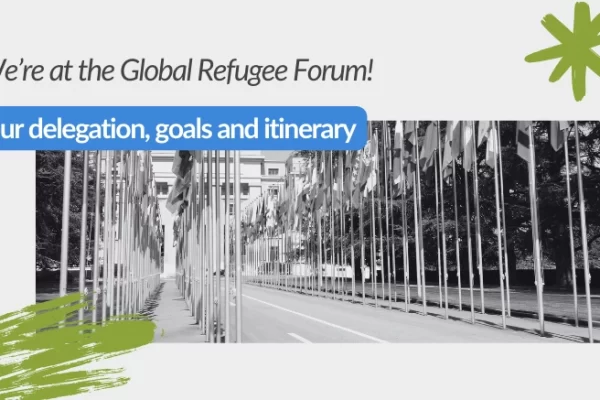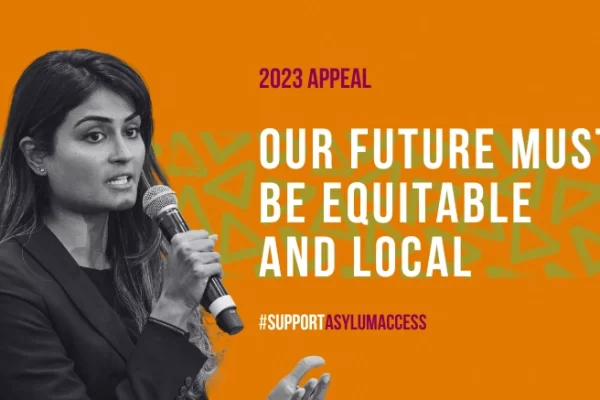Urban Refugees in Tanzania
The following article is based on Asylum Access’s forthcoming report, “No Place Called Home”.
**UPDATE** A PDF file of the report is now available online. Print copies are also available upon request. Please kindly contact Anna Chen at anna.chen@asylumaccess.org for any enquiries.
After Tanzania’s 1998 Refugees Act made it an offence to live outside camps without a permit, urban refugees in Tanzania became an exceptionally vulnerable population, unable to assert their rights and seek protection from injustice.
Some of these refugees previously lived in camps and left for a variety of reasons. Within camps, known as “designated areas” in Tanzania, living conditions are difficult. Refugees have no means to earn a livelihood and are unable to send their children to school. But as permits to live outside camps are rarely granted, refugees fleeing violence and persecution in camps live a fearful existence on the fringes of society, vulnerable to exploitation, unlawful deportation and further injustice.
Despite a government moratorium on new refugees, the population of urban refugees has continued to grow, in part because recent arrivals have no option of registering in a camp. In addition, government authorities have applied sustained pressure on encamped refugees to leave the country since 2008, when government authorities declared Tanzania’s policy of becoming a “refugee-free country”.
With the sole exception of approximately 160,000 Burundian refugees who have received naturalized residency, refugees are perceived as unwanted immigrants and the government is generally unsympathetic to their plight. Authorities have also started shutting down refugee camps, leaving refugees with nowhere to seek refuge and little hope of obtaining legal status.
Forced to eke out a precarious existence away from public scrutiny, refugees outside camps often find themselves drawn to cities and townships such as Kigoma, Mwanza and Dar es Salaam, lured by the promise of better livelihood prospects. Despite being entitled to international and domestic protection, they have no practical means by which to access that protection and are treated as undocumented immigrants. No official estimation of the number of refugees living outside camps exists and little is known about their coping strategies or protection needs.
To gain greater insight on the daily challenges faced by urban refugees, Asylum Access conducted a survey of 122 urban refugees in Dar es Salaam. The results will be published in a forth-coming report, “No Place Called Home”, which unveils a stark reality for this population.
For example, only 3% of those surveyed have a permit to live outside refugee camps. The remaining participants live in constant fear of deportation back to countries where they face persecution. This protection gap means that refugees have little choice but to conceal their identities and nationalities for a better chance at a reasonable livelihood. The circumstances for their children are no better, with 14% of participants choosing to keep their children at home to avoid discrimination or harassment.
In this context, how can refugees in Tanzania be better protected? The answer lies within current Tanzanian law. The Refugees Act already provides a statutory basis to recognize refugees with legal status through an adjudication process. Even with its existing faults, the law provides for a protection framework to ensure refugees have access to some rights but this is not implemented in practice.
Indeed, Tanzania has already made internationally recognized progress in its rule of law in recent years. Implementing its existing national refugee legislation would bring Tanzania back to the forefront of refugee protection in the region and continue making its laws responsive to the people living within its jurisdiction. Asylum Access strongly believes that it is critical to include this neglected population in the national agenda. We are currently advocating with government authorities for improved protection measures.
By Overseas Operations Director Michelle Arevalo-Carpenter and Asylum Access Tanzania Country Director Janemary Ruhundwa
Published November 2011





